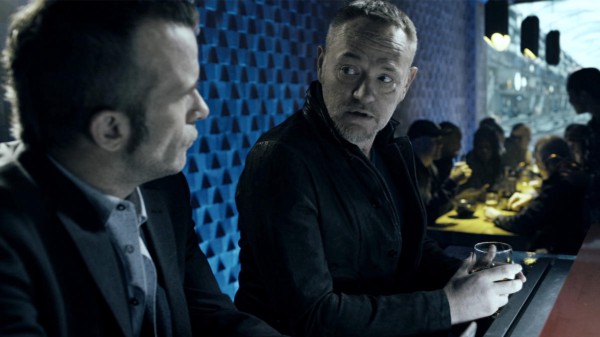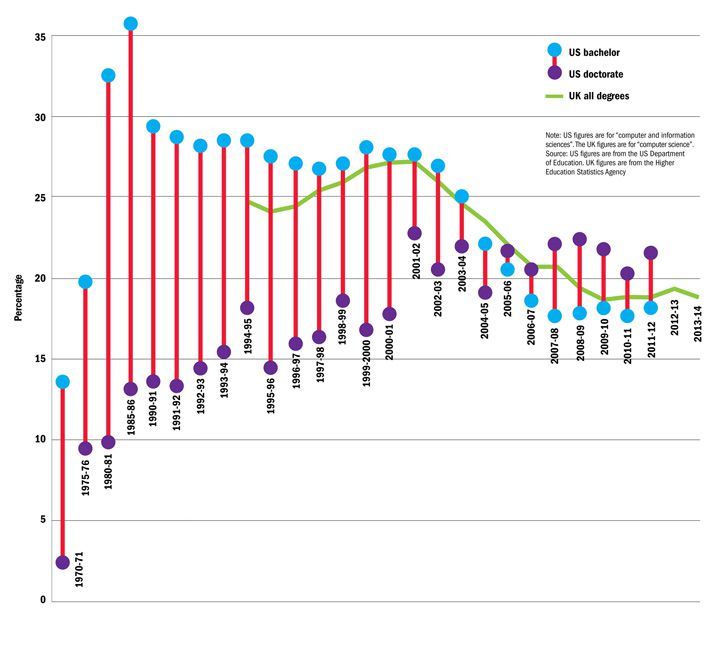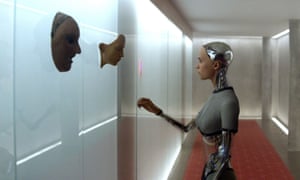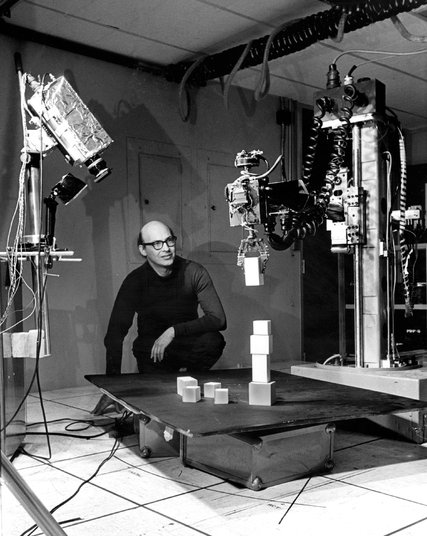Switzerland is set to vote on a proposal that wants to pay everyone 2,500 Swiss francs (£1,700) a month regardless of whether people are working or not.If the plans go through, it will become the first country in the world to provide a basic unconditional monthly income, and they are already the first country to vote on the matter.
Monthly Archives: January 2016
Calling all Bay Area Belters: come hang out with fellow fans of The Expanse!
This Wednesday, February 3, 2016 at 5pm, come join Ars’ Tech Culture Editor Annalee Newitz and me at Longitudebar in downtown Oakland, California. Not only will you be among friends and fellow fans of The Expanse, but you’ll be able to hang out and learn Belter from the man who created it—Nick Farmer, the language consultant for the show.
Source: Calling all Bay Area Belters: come hang out with fellow fans of The Expanse!
Researchers use CRISPR to repair genetic defect that causes blindness | Dispatch Tribunal
In what has been claimed to be the first use of gene editing technique CRIPSR for replacement of a defective gene associated with a sensory disease, researchers have repaired a genetic defect that causes blindness.
Source: Researchers use CRISPR to repair genetic defect that causes blindness | Dispatch Tribunal
Tale of Tasteless Tomatoes: Why Vegetables Do Not Taste Good Anymore – Calm Science
In short, there is a negative relationship between yield and nutritional content. And during the last 50 years, the farmers have optimized for one thing: yield. When you optimize for yield, you compromise nutrition.
Source: Tale of Tasteless Tomatoes: Why Vegetables Do Not Taste Good Anymore – Calm Science
Why I Strive to be a 0.1x Engineer | Benji’s Blog –
The times I feel I’ve made most difference to our team’s effectiveness is when I find ways to not build things.
-
Let’s not build that feature. Is there existing software that could be used instead?
-
Let’s not add this functionality. Does the complexity it will introduce really justify its existence?
-
Let’s not build that product yet. Can we first do some small things to test the assumption that it will be valuable?
-
Let’s not build/deploy that development tool. Can we adjust our process or practices instead to make it unnecessary?
-
Let’s not adopt this new technology. Can we achieve the same thing with a technology that the team is already using and familiar with?“The best tool for the job” is a very dangerous phrase.
-
Let’s not keep maintaining this feature. What is blocking us from deleting this code?
-
Let’s not automate this. Can we find a way to not need to do it all?
Consciousness may be the product of carefully balanced chaos | Science | AAAS
In a new study of how anesthetic drugs affect the brain, researchers suggest that our experience of reality is the product of a delicate balance of connectivity between neurons—too much or too little and consciousness slips away.
Source: Consciousness may be the product of carefully balanced chaos | Science | AAAS
What should we be teaching the next generation of computer scientists? | Times Higher Education (THE)
“For a long time we wondered why more people didn’t major in computer science,” Aiken reflects. “Everyone in the field believed it was the future and that [it] represented an important way of thinking. Now the world believes us, and we have an overwhelming number of students.”
Artificial Intelligence: Gods, egos and Ex Machina | Science | The Guardian
Ex Machina is still one of the best commentaries I’ve seen on AI in recent years. Not because it’s an accurate depiction of future technologies – it clearly isn’t. Its value lies in what it reveals about the state of AI and philosophy in the 2010s, a decade in which we’ve become a little bit obsessed with the idea that through artificial intelligence we can create, or even become, a god.
Source: Artificial Intelligence: Gods, egos and Ex Machina | Science | The Guardian
The collaboration curse | The Economist
The biggest problem with collaboration is that it makes what Mr Newport calls “deep work” difficult, if not impossible. Deep work is the killer app of the knowledge economy: it is only by concentrating intensely that you can master a difficult discipline or solve a demanding problem. Many of the most productive knowledge workers go out of their way to avoid meetings and unplug electronic distractions. Peter Drucker, a management thinker, argued that you can do real work or go to meetings but you cannot do both. Jonathan Franzen, an author, unplugs from the internet when he is writing. Donald Knuth, a computer scientist, refuses to use e-mail on the ground that his job is to be “on the bottom of things” rather than “on top of things”. Richard Feynman, a legendary physicist, extolled the virtues of “active irresponsibility” when it came to taking part in academic meetings.
Marvin Minsky, Pioneer in Artificial Intelligence, Dies at 88 – The New York Times
Well before the advent of the microprocessor and the supercomputer, Professor Minsky, a revered computer science educator at M.I.T., laid the foundation for the field of artificial intelligence by demonstrating the possibilities of imparting common-sense reasoning to computers.
“Marvin was one of the very few people in computing whose visions and perspectives liberated the computer from being a glorified adding machine to start to realize its destiny as one of the most powerful amplifiers for human endeavors in history,” said Alan Kay, a computer scientist and a friend and colleague of Professor Minsky’s.
Source: Marvin Minsky, Pioneer in Artificial Intelligence, Dies at 88 – The New York Times





